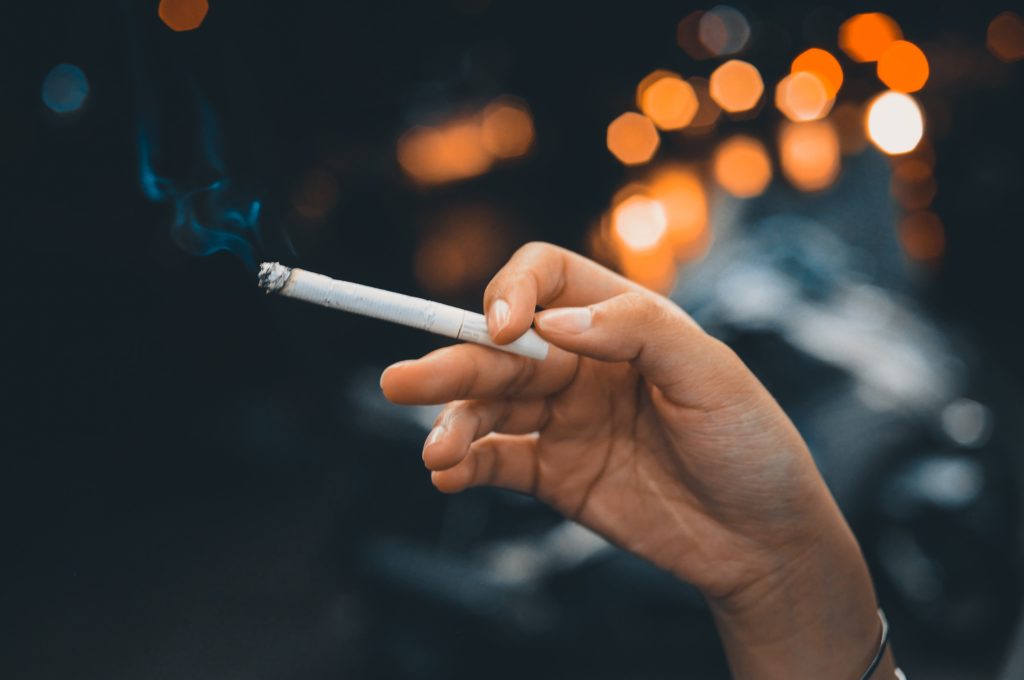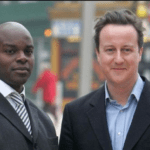Generation Black TV - Live
New Zealand is Banning Tobacco – Could the UK be Next?
New Zealand is Banning Tobacco – Could the UK be Next?
[simple-author-box]

In plans announced last week, New Zealand is set to become the first nation in the world to ban tobacco.
Now before people get all up in arms about the decision, the prohibition of tobacco isn’t going to happen overnight but rather, New Zealand will raise the legal smoking age each year, meaning that people born after 2008 will never be allowed to smoke.
Associate Health Minister Ayesha Verral said, “We want to make sure young people never start smoking so we will make it an offence to sell or supply smoked tobacco products to new cohorts of youth.” These radical new laws will make New Zealand’s retail tobacco industry one of the strictest in the world.
Although these new proposals seem extreme, New Zealand aren’t the only nation making big decisions on smoking, with The Netherlands set to ban the selling of tobacco in supermarkets beginning in 2024 and many believe that other countries will soon follow suit.
It’s also important to note however, that this policy will not affect vaping or nicotine consumption and as vaping devices have been rising in popularity, particularly in younger age groups, teens can breathe a (cloudy) sigh of relief.
Like with most big changes, there are positives and negatives; people who support the ban and people who are adamantly opposed to it.
What may surprise you however is public opinion of those who do smoke, with one in four Americans supporting a total smoking ban in a 2018 survey, as well as a 2019 survey in Sweden, which found that former smokers were only marginally less in favour of such laws than the general population and one recent study of 6,014 smokers in Pakistan finding that 82% supported a complete ban.
This decision is not of course the first port of call in aiming to reduce the number of smokers in the region, as New Zealand previously imposed very high taxes on tobacco products, meaning that a 25-stick pack of Marlboro Gold at a typical supermarket could sting you for around A$48.95 – that’s £25!
This steep hike in price wasn’t enough to deter smokers however and it meant that the underprivileged communities, who smoke at the highest rates, have to deal with high taxes on top of other financial difficulties.
For example, in New Zealand, smoking is much more common among the Indigenous Maori and Pacific Islander people than the general population, so yet again, this is an example of a decision that has a huge impact of the poorer members of society with virtually zero effect on the rich. According to government figures, 11.6% of all New Zealanders over the age of 15 smoke and this rises to 29% among indigenous Maori adults.
Even those that are opposed to these new restrictions recognise that a world without smoking would be better for everyone but there are ongoing arguments as to whether this is the right way to go about it.
Statistics show that tobacco kills more than 8 million people every year and if you compare that to deaths caused by Covid-19, which sits at around 5.3 million recorded deaths over the past two years, then it’s obvious that something serious needs to be done.
Sunny Kaushal chairs the Dairy and Business Owners Group, which represent nearly 5,000 corner stores and he argues that, “We all want a smoke-free New Zealand… But this is going to hugely impact small businesses. It should not be done so it is destroying dairies, lives and families in the process. It’s not the way.”
As well as the impact on livelihood, many believe that this decision will result in the emergence of a black-market for tobacco products. If we consider the prohibition in America in the 20s, it didn’t stop people from drinking alcohol, it just meant that they were getting it illegally elsewhere.
Like with anything, these new restrictions were never going to be without its challenges but there is no doubt that New Zealand’s decision to ban tobacco is one that has got people talking. If it is a resounding success, could the UK be next? Only time will tell how this decision, which some are calling ‘totalitarian,’ will impact businesses, health and freedom of choice.


